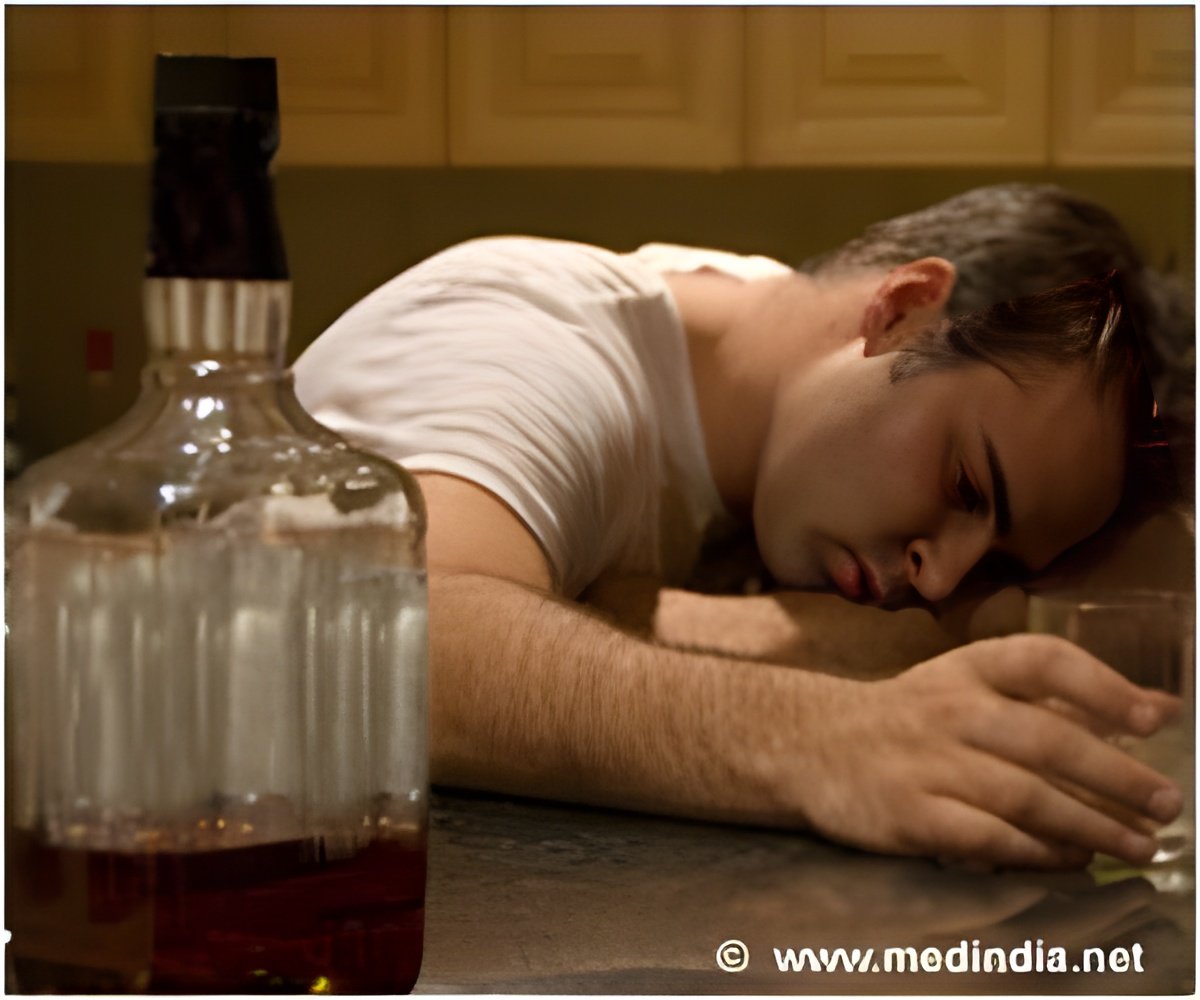
The history of the drug goes back 50 years. It was originally designed for epilepsy before becoming licensed to treat spasticity, but researchers are now interested in using it to ease alcoholic craving.
Interest was sparked in 2008 by a book, Le Dernier Verre (The Last Glass), by cardiologist Olivier Ameisen, who self-treated his alcoholism with high doses of baclofen.
The new test entailed enrolling 132 heavy drinkers who were given baclofen at high doses over a year.
Eighty percent either became abstinent or became moderate drinkers. By comparison, two drugs that are commonly used to treat alcoholics, naltrexon and acamprosate, yield a success rate of 20-25 percent.
Side effects included fatigue, drowsiness, insomnia, dizziness and digestive troubles.
Advertisement
One batch will receive baclofen, progressively building in dosage until the craving symptoms subside, while the others will receive an inactive lookalike pill, or placebo.
Advertisement
The pre-trial study is published in a specialist journal, Alcohol and Alcoholism.
Source-AFP












